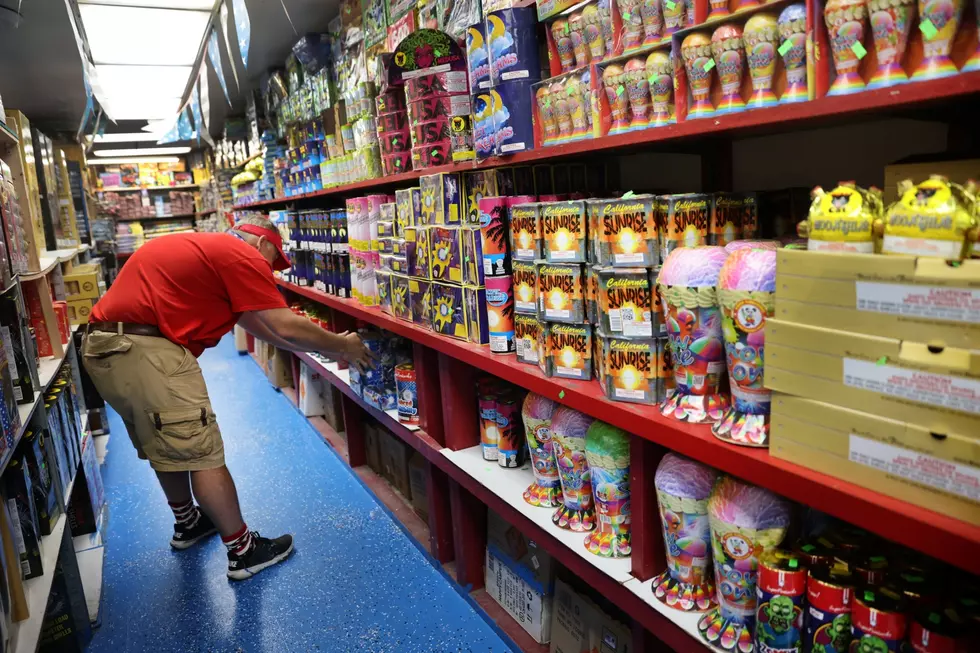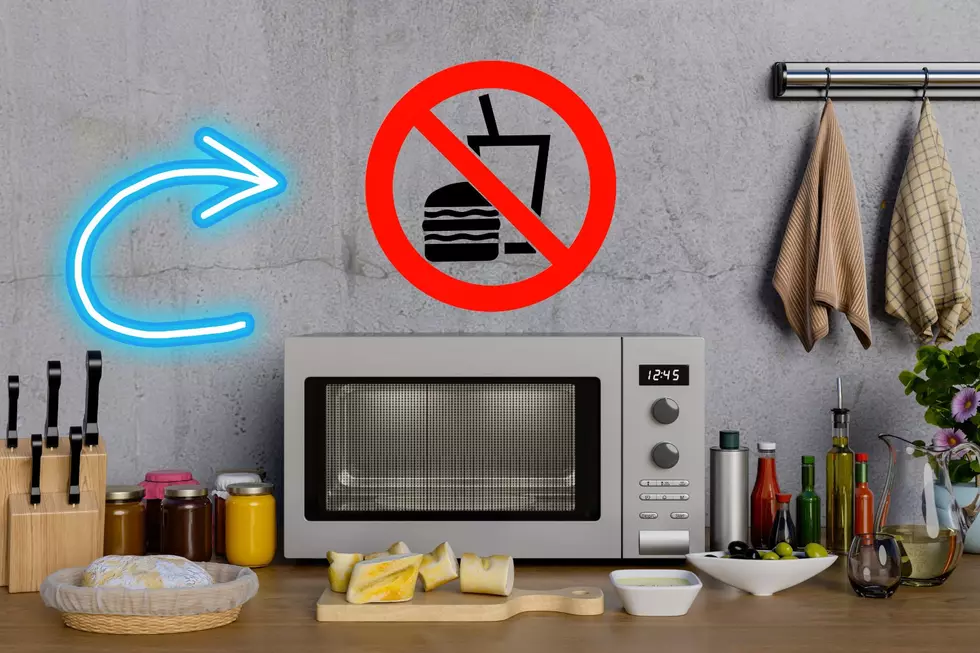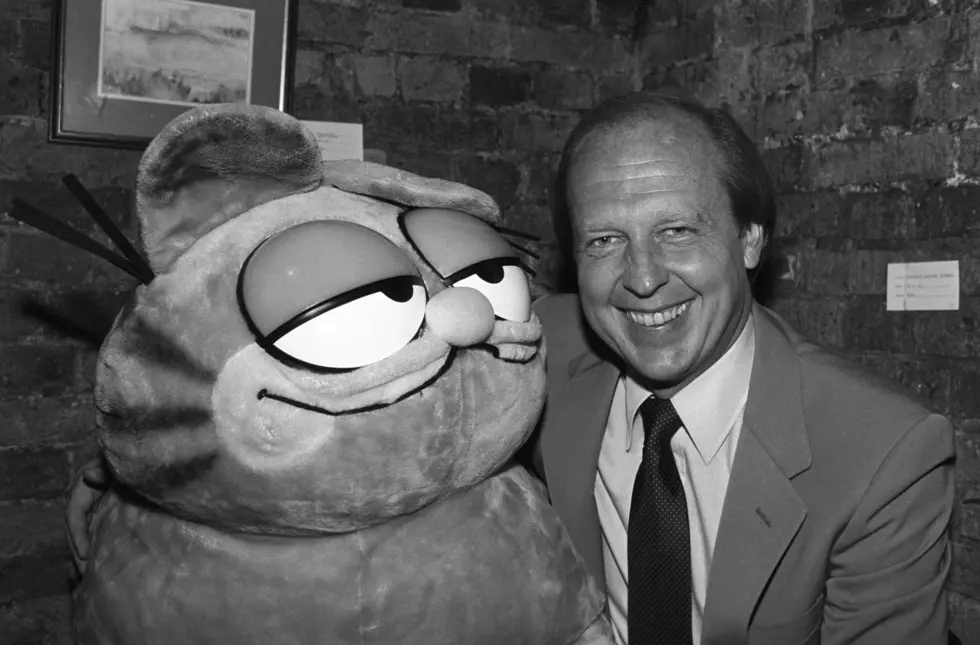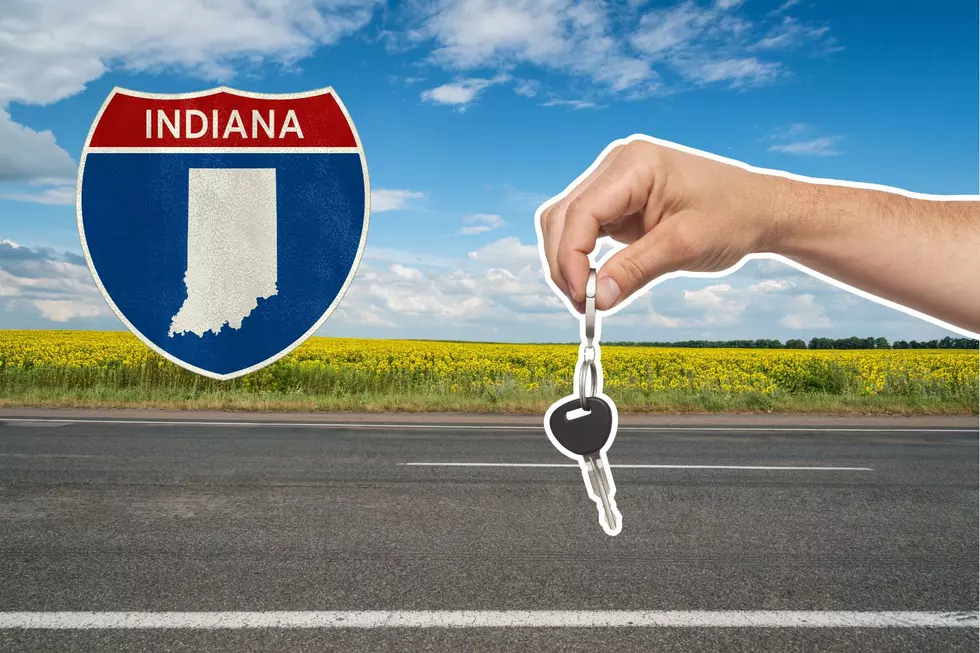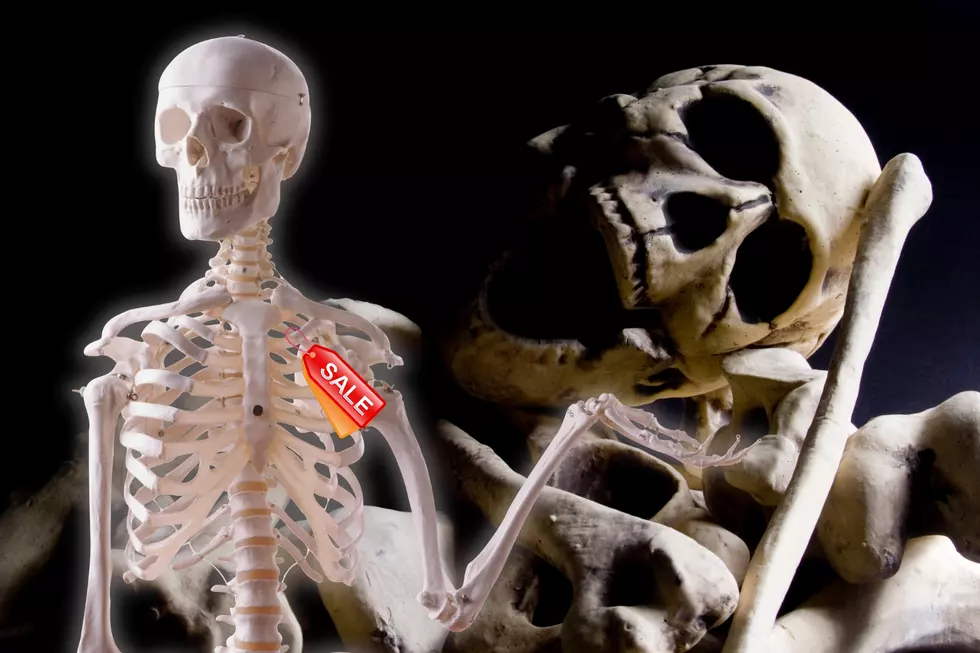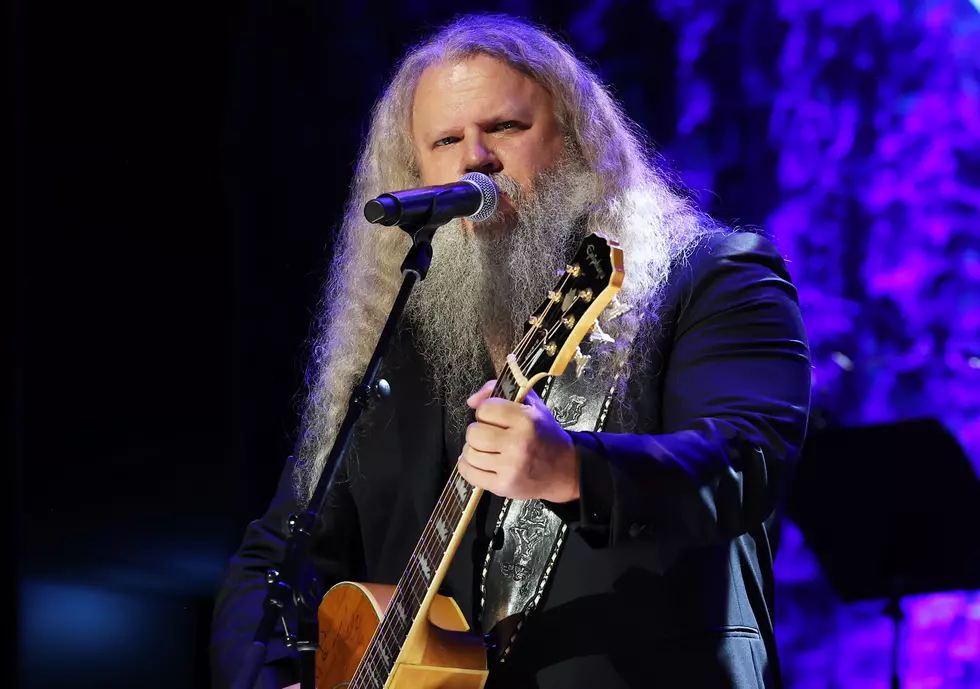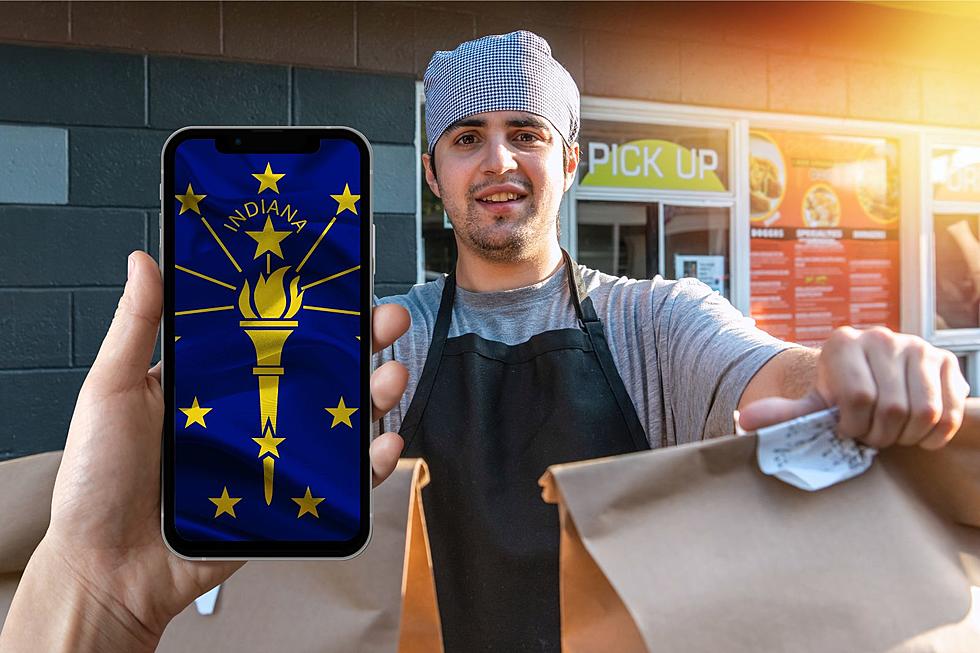
Your Favorite Indiana Restaurant May Disappear From DoorDash and GrubHub
The Gig Economy has allowed people to pick up a primary or secondary income and work when they want to through ride-share services such as Uber and Lyft, as well as food delivery services such as DoorDash, GrubHub, Uber Eats, and others. The latter has also made getting your favorite dish from your favorite restaurant easier by essentially "hiring" someone to deliver it to you, even if that restaurant doesn't offer delivery service. However, your favorite restaurant and others may soon disappear from those services if Indiana Governor Eric Holcomb signs a new bill into law.
How Food Delivery Services Work
For you and me, it's as simple as searching for whatever you're in the mood for, tapping your phone screen a few times, and waiting for your order to show up at your job or your house. While I've always assumed the service has a deal in place with restaurants to serve as their delivery service, that's not always the case. Some of those services simply find the restaurant's menu online and add it to their list of options without getting permission from the restaurant's owner. After the order is placed, the driver goes to the restaurant you chose, places your order as if they were placing it for themselves, then delivers the meal to the address you provide.

This has been causing some issues with restaurants across the country for the past few years. The main one being that if a customer's order is wrong or taking longer than expected to arrive, they call the restaurant to complain or ask what's going on, and the employees have no idea what they are talking about.
"I specifically asked for a light drizzle of dressing on my salad and it's clearly a medium drizzle!"
Indiana House Bill 1279
A new bill that recently passed the Indiana House of Representatives, and awaiting Governor Holcomb's signature looks to resolve that issue and others restaurant owners have with food delivery services. If signed into law, House Bill 1279 would require food delivery services like DoorDash, GrubHub, and others to have an agreement in place with each restaurant before adding them to their databases and making them available to consumers.
If a restaurant does not have an agreement in place, the service company must remove it from its app until there is one. On the flip side, if an agreement is in place and the restaurant decides to cancel it, the service must remove it within 72 hours of the cancellation. If that doesn't happen, the bill allows the restaurant to "bring an action" (a.k.a. lawsuit) against the service that could result in the service paying "liquidated damages of not more than $50,000 per transaction."
It is unknown at this time if Governor Holcomb plans to sign the bill or veto it. If he signs it, the law will go into effect on July 1st.
[Sources: Investopedia / WRTV / Eater / Indiana General Assembly]
LOOK: Here are copycat recipes from 20 of the most popular fast food restaurants in America
LOOK: 20 American foods that raise eyebrows outside of the US
More From WKDQ-FM
